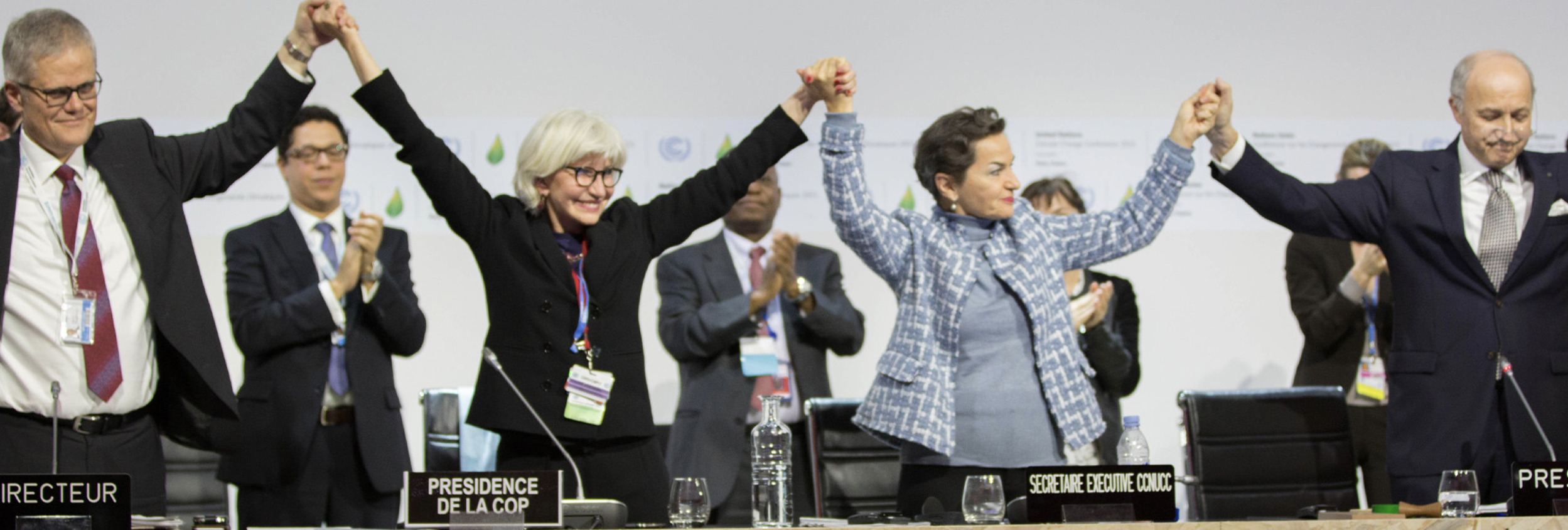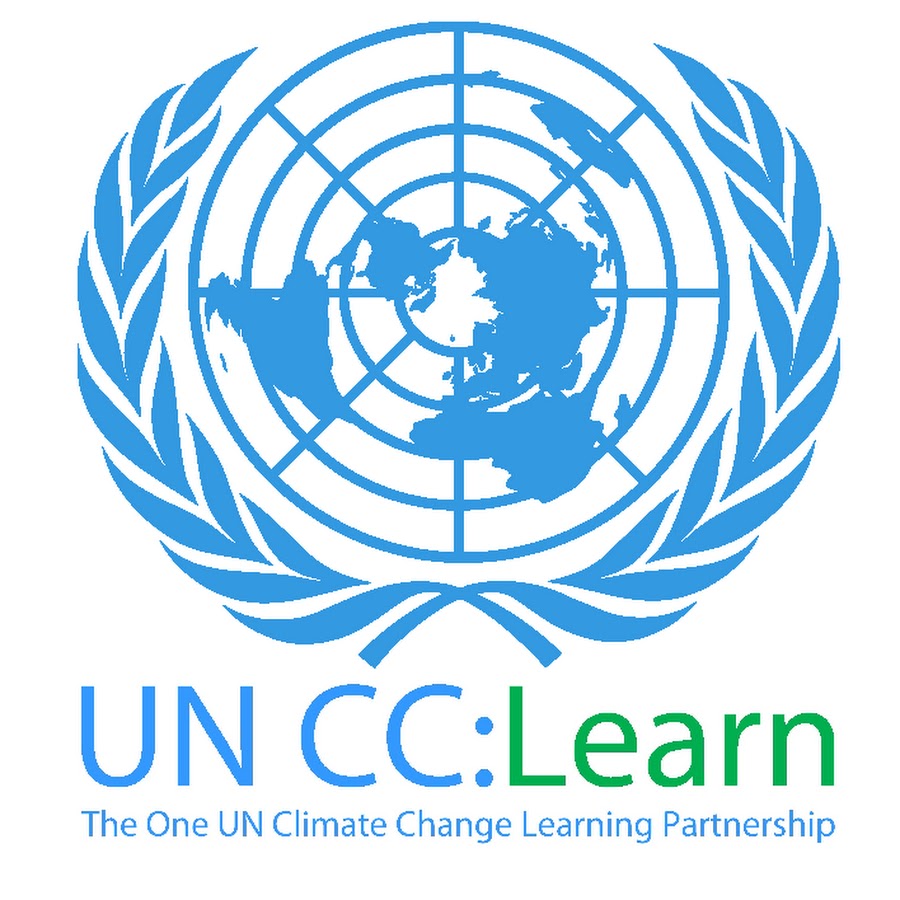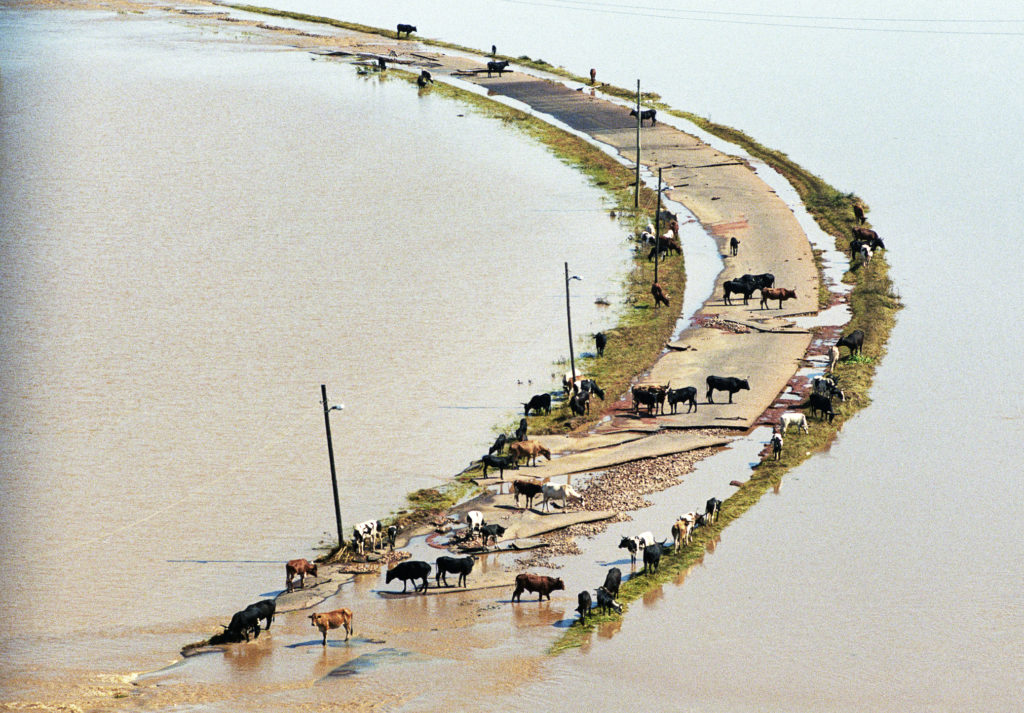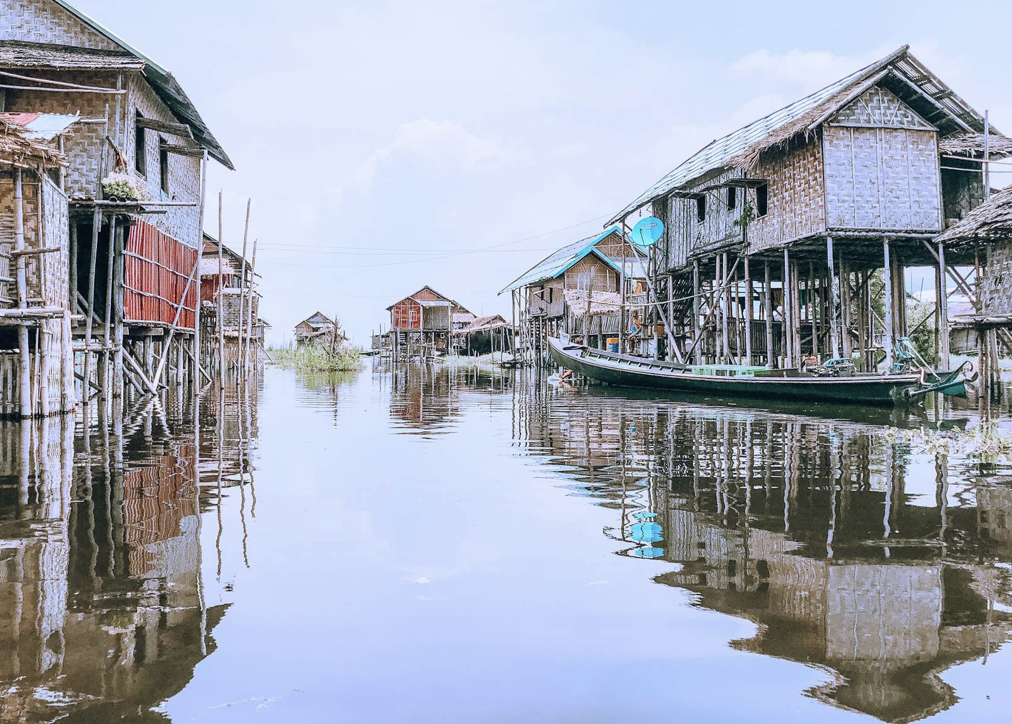A participant guide to the UN Climate Change process. A UN CC:e-Learn course

Climate Adaptation Training Annotation
- Level: Introductory
- Time commitment: 3 hours
- Learning product: online course (self-paced)
- Sector: multiple
- Language: English
- Certificate available: from UN CC:e-Learn website
This course is hosted on UN CC:e-Learn. Please find the A Participlant Guide to the UK process course, where you can enrol for full access.
Introduction
In 1992, countries agreed on an international treaty, the United Nations Framework Convention on Climate Change (UNFCCC), as a framework for international cooperation to combat climate change by limiting average global temperature increases and the resulting climate change and coping with its impacts. There are 198 countries that have ratified the Convention, called Parties to the Convention, and every year, they hold a Conference of the Parties (COP).
This course introduces the international climate change regime, its three key instruments (The UNFCCC, the Kyoto Protocol, and the Paris Agreement), and the institutional arrangements for the climate change intergovernmental process. This course focuses on UNFCCC rules of procedure regarding the negotiation process as well as the mechanism for convening the Parties through various forums and working groups, including the presidency and bureau, observers and elections, and the decision making and reporting processes.
Institutional Background
This course was developed by the UN Climate Change Secretariat.
The course is made available on UN CC:e-Learn through the new UN CC:Learn affiliation programme, which highlights high-quality e-learning products on climate change. The objective of the UN CC:Learn affiliation programme is to enhance global climate literacy through dissemination of high-level learning products that complement UN CC:Learn resources.
Who would find this useful?
This course is open to everyone who wishes to learn more about the UNFCCC process, including Party and non-Party stakeholders and the civil society.
Course content
This online course includes two learning modules followed by a final assessment. It will take approximately two hours to complete this course. This is a self-paced course that allows you to manage your time as you wish. You do not have to complete the entire course at once. Your progress is recorded where you pause, so you can restart from this point.
Module 1: Overview of the United Nations Framework Convention on Climate Change Process
The United Nations Framework Convention on Climate Change (UNFCCC) including:
The Kyoto Protocol
The Paris Agreement
Governing Bodies: COP, CMP and CMA
Subsidiary Bodies: SBI and SBSTA
Constituted Bodies
The COP in Action: Blue Zone and Green Zone
Representation at sessions of Convention bodies
Observers and observer-constituencies
Module 2: The Negotiations and Rules of Procedure of the Intergovernmental Climate Change Process including:
Negotiations: Plenaries, Contact groups, Informal consultations, Informal informals and Huddles
Draft Rules of Procedure of the Conference of the Parties and its Subsidiary Bodies being applied
Agenda (Rules 9-16)
The Presidency and the Bureau (Rules 22 and 23)
Co-Facilitators
Observers (Rule 6 and 7)
Elections
Decision-making (Rule 41-53)
Reports, Decisions and other outcomes
Learning Outcomes
After completing this course, you will be able to:
Present the international climate change regime, including:
- the three instruments of the UN climate change regime – the UNFCCC, the Kyoto Protocol, and the Paris Agreement.
- how the UNFCCC operates through the COP process and major COP accomplishments.
- the organization and administration of the annual COPs.
- The institutional arrangements for the climate change intergovernmental process
- Describe and analyse the draft Rules of Procedure of the Conference on the Parties, including:
- responsibilities and operating procedures of governing, subsidiary, and other decision-making bodies.
- the process for Parties to come to a consensus on the issues under negotiations.




(0) Comments
There is no content